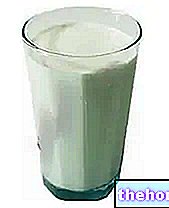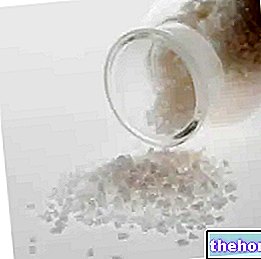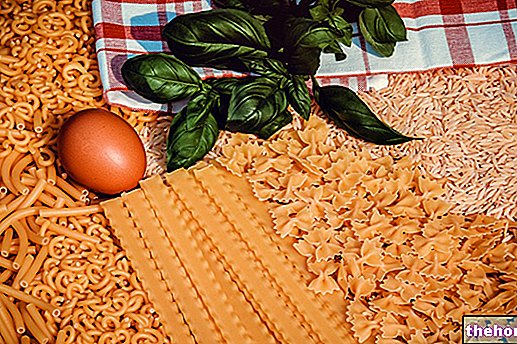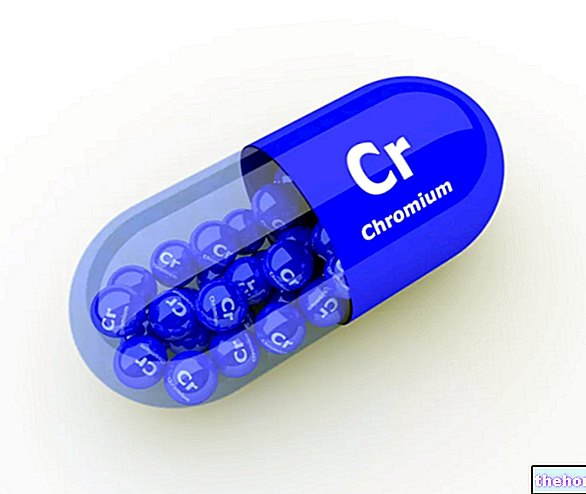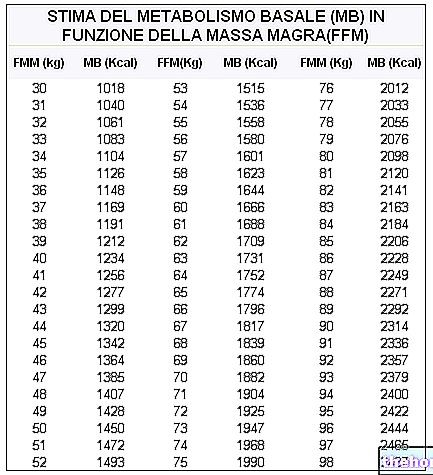According to the latest research, iodine also has a very important antioxidant activity, but further studies are needed to understand exactly its mechanism of action.
According to these recent acquisitions, iodine would be able to protect the organism from the damage of hypercholesterolemia and from many cardiovascular diseases (atherosclerosis and hypertension).
Iodine is found mainly in fish, a valuable food that is often not consumed sufficiently. Another important source of iodine is represented by algae such as fucus or laminaria, present in many slimming products with the aim of accelerating metabolism.
Vegetables can contain a fair amount of iodine only if they have been grown in soils rich in this mineral.
Iodine deficiency decreases thyroid function and can cause cretinism, growth retardation (in the fetus and children) and goiter (in adults). An iodine deficiency in adulthood is also responsible for symptoms such as listlessness, chronic fatigue and premature baldness.
for healthy people it is no longer necessary to resort to specific supplements.
For strictly vegetarian subjects or those who do not consume fish and avoid salting dishes, a supplementation of 200 micrograms of iodine per day is recommended.
The recommended daily intake of iodine is 150 micrograms for adults, 175 micrograms for pregnant women and 200 micrograms for breastfeeding women.
In our body iodine is concentrated in the thyroid gland and thanks to these reserves we can live for several weeks without taking iodine and without having clinical symptoms of deficiency.


